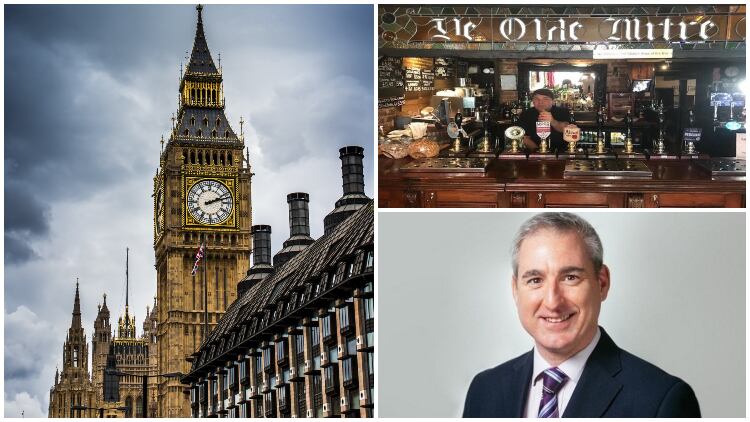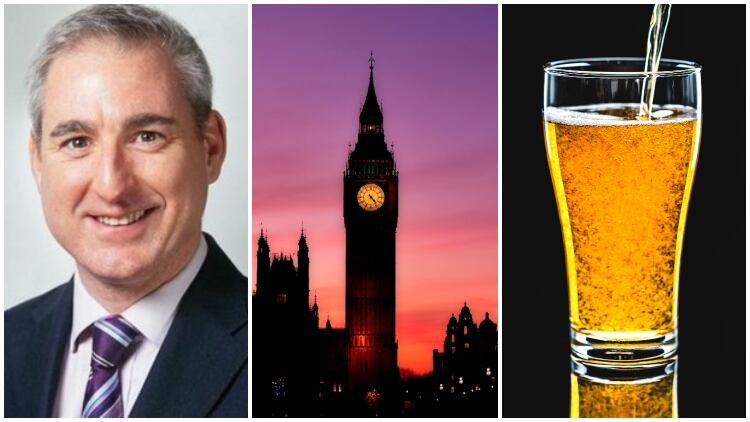In a letter sent on 10 June by Mulholland to Secretary of State Greg Clarke MP, seen by The Morning Advertiser, the former MP explains that the PCA’s withdrawal of its statutory advice note on rent dispute clauses and Calderbank letters (offers of settlement) on 7 June should lead to Newby being replaced by “someone who has appropriate legal skills”.
Mulholland argues that the withdrawn advice – initially published in July 2017 and backing pubcos to lawfully impose additional arbitration upon tenants seeking MRO – has affected thousands of tenants and denied them legal rights after being issued erroneously.
“The British Pub Confederation has consistently highlighted the failure of the pubs code adjudicator and the failure to uphold the principles of the legislation and we have consistently highlighted Mr Newby’s failure to tackle this,” Mulholland wrote.
“Yet thus far, your Government has failed to pay any meaningful attention to this matter, indeed denying the demonstrable failure as experienced by hundreds of tenants who have tried to exercise their rights, which has denied many thousands of tenants the legal rights your Government promised them.”
Damning saga
The withdrawal of the advice follows north London licensee Gary Murphy launching a crowdfunding campaign to mount a High Court challenge to pubcos and the PCA over the beer tie.
As reported by The Morning Advertiser, Murphy launched a campaign to raise legal fees after he believed the PCA misinterpreted the pubs code in issuing his arbitration award.
According to Murphy, the process means pubcos benefit from elongating the process as long as they can as cheaper MRO rents are only introduced from the date an agreement is signed. He argued that a correct interpretation of Regulation 28 on rent recovery would leave rent backdating open to negotiation.
After spending more than £20,000 of his own money on legal fees, Murphy gave pubcos notice that if they didn’t respond by the 28 June he was taking the issue to the High Court.
The PCA withdrew its original advice notice on 7 June.
“I have not yet heard direct from the PCA so I do not know their full position on all the matters, but this new statutory advice is a huge climbdown,” Murphy stated.
“Had the legislation been correctly interpreted by the PCA and the pubcos in the first place, a lot more tenants would have achieved free-of-tie in these first few years of its introduction.
“It is a very bad reflection on the PCA and the pubcos that this has happened and that they refused to listen and act upon the correct interpretation – the will of parliament has been thwarted.”
Changed practice
Discussing the withdrawn guidance, a PCA spokesperson commented: “The PCA makes clear that it will review and revise the statutory advice that it publishes as appropriate to ensure that it is both up to date and as helpful as possible to both pub-owning businesses and tied tenants.
“This new advice note is designed to provide a succinct summary of how the pubs code requires tied rents to be dealt with both during and at the conclusion of the MRO process.
“The PCA has made its position on the use of Calderbank letters clear to pub-owning businesses, who have changed their practices and agreed not to use them in the way referred to in the 2017 advice note.
“We are not aware that this remains an issue for tied tenants.”




